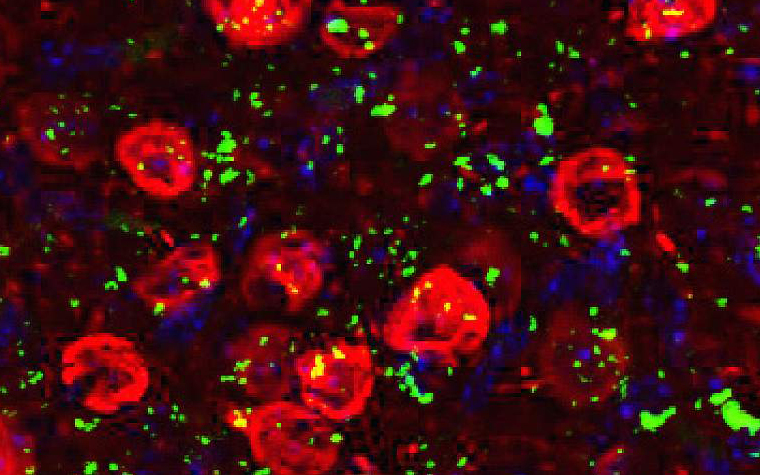
A recent study funded by the National Institutes of Health (NIH) discovered a potential link to neurodegeneration through the brain’s waste disposal system.
The study, which was published in Nature Medicine, focused on the proteasomes in the brain. These cells process defective proteins and other material that would be harmful to the functions of the brain. Studying mouse models, researchers found this system is affected by disorders like Alzheimer's. With the waste disposal system inhibited by the disorder, further damage can occur from the buildup of waste material.
Natura Myeku and Karen Duff from Columbia University focused on tau, a structural protein often found in clumps in brain cells of Alzheimer's patients. They found that when treating mice with early signs of taupathy with the drug rolipram, proteasome activity increased. According to Duff, the proteasome system also degrades proteins associated with Parkinson’s disease, amyotrophic lateral sclerosis and Huntington’s disease.
“These results show, for the first time, that you can activate the proteasome in the brain using a drug and effectively slow down the disease, or prevent it from taking a hold,” Duff said.
The NIH reports that the drug served as an antidepressant, but its side effects prevent its clinical use for treating depression.
“This exciting research advances our understanding of the role of the proteasomes in neurodegeneration and provides a potential way to alleviate symptoms of neurodegenerative disorders,” NIH National Institute of Neurological Disorders and Stroke Program Director Roderick Corriveau said.



